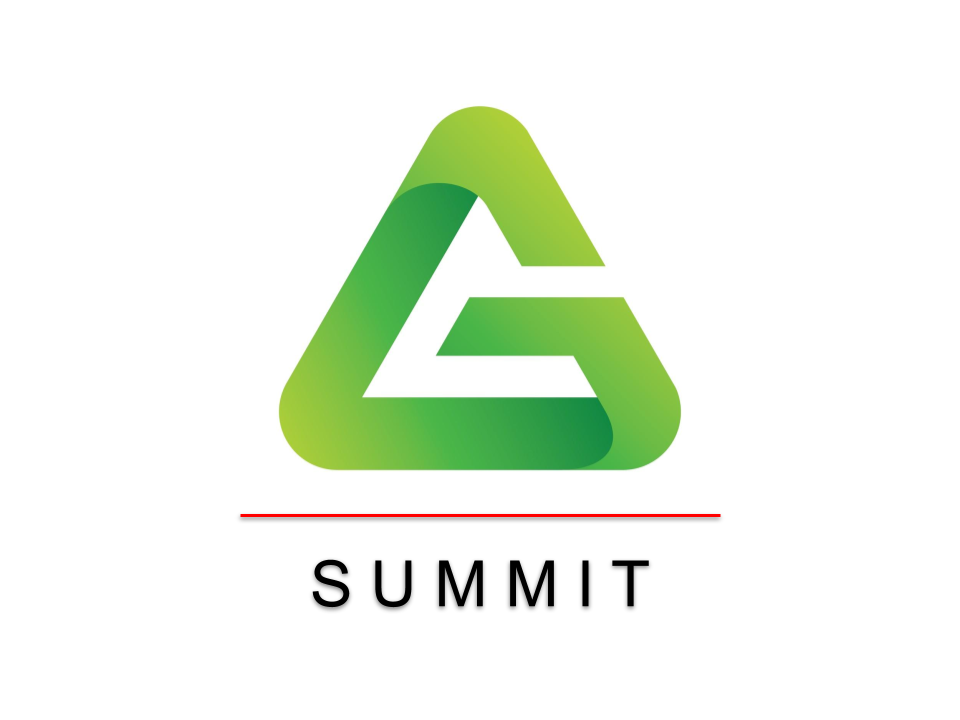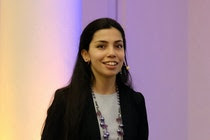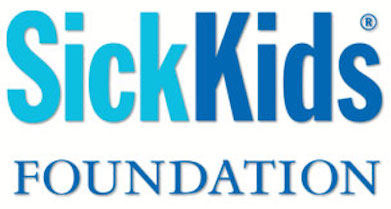100 People Strong (Sold Out)
Thanks for your interest and support. We have decided to keep the Agile Games Summit to the intended 100 people to deliver the most value for all of the participants.
Please subscribe to our Twitter and/or LinkedIn accounts to learn about future events.
Virtual: July 18, 2020
A virtual day of learning, exploring, networking, fun and games with the creative people of agility.







- Date: 18 July 2020
- Time: 10:30 AM to 15:30 PM EDT
- Location: Online via Zoom
- Fee:
- $10 CAD (All the proceeds will be donated to a charity.)
Speakers & Sessions

Speaker: Jason Little
Session: Modern Change Management

Speaker: Richard Kasperowski
Session: Team Transformation Canvas

Speaker: Carlos Oliveira
Session: Problem Storming Game

Speaker: Paul Boos

Speaker: Ellen Grove
Session: Draw Toast

Speaker: Molood Ceccarelli
Session: The Game of Circles
Support
We are delighted to announce that all proceeds from this event will go to SickKids Foundation.

Please watch this video to become more familiar with the work that is done at SickKids Hospital
In Detail
10:30 – 10:45 Gathering, Networking & Opening
10:45 – 11:15 First Session – Jason Little
11:15 – 11:45 Second Session – Carlos Oliveira
11:45 – 11:55 Short Break
11:55 – 12:25 Third Session – Ellen Grove
12:25 – 12:55 Fourth Session – Richard Kasperowski
12:55 – 13:30 Long Break
13:30 – 14:00 Fifth Session – Molood Ceccarelli
14:00 – 15:00 Sixth Session – Paul Boos
15:00 – 15:15 Closing & Farewell
- Proceeds will be donated to a charity.
- Follow us on LinkedIn or Twitter to get the latest updates.
- We look forward to having you join us!
Abstracts
Modern Change Management
Whether you’re an agile coach, change manager, HR or OD practitioner, there are 5 universals of change, that when given the right attention at the right time, lead to meaningful change. In this session, we’re going to play the Finnish game Topaasia, which is designed to help change agents of any discipline to find out why they’re stuck and what they can do to nudge change forward. The game is designed to be played by a change team with a shared context, so for this teaser session, we’ll make something up along with some general assumptions!
Problem Storming Game
A game to help you solve your toughest problems by asking better questions. We’ll introduce you to the practice of problem framing and a method of reframing to generate better solutions. Problem framing is a design thinking method used to understand, define, and prioritize complex problems. A good practice and a key step in the preparation for a design challenge, ideation workshop, or a sprint goal. Problem framing can help leaders and teams define a better challenge, align key stakeholders, and gain clarity on the value of solving the right problem. Join Carlos Oliveira in this game to test your problem framing abilities and bring the skill of reframing back to your organization to unlock more meaningful, creative, and productive solutions.
Team Transformation Canvas
Want an easy tool to help you start building the best team of your life? That’s what the Team Transformation Canvas is: a practical worksheet to help you and your teammates discover the best in each other and put it into action.
The canvas facilitates individual self-awareness of your current emotional state and desired personal outcomes. It helps you develop a deepened understanding of what drives your behaviors and actions. By identifying and owning these intrinsic motivations, you align your future actions with your most inherent needs, creating your unique pathway to professional and personal self-actualization. Finally, the canvas facilitates deep emotional and supportive connections with each other — the building blocks of a high-performance team.
Game Mechanics in Agile Software Development
Alistair Cockburn talks about software development as a cooperative game, but did you realize that is only one part of the puzzle? Many of the practices of Agile can be described using typical boardgame mechanics. By viewing development in this manner, it can become easier to learn and later to customize as well. Shifting to a “game viewpoint” points out how we’re all trying to “win”, just that we have different perspectives on what winning means. This makes it ideal for people on a team just starting out and their immediate managers.
I’ll start by presenting and explaining a bit of the boardgame mechanics that describe Agile software development overall. After this short orientation, we’ll explore what mechanics go into various Agile development events and practices. We’ll close with how to slowly introduce these mechanics and how they can be customized and also different methods of integrating these to allow some tailoring of the Agile game.
Draw Toast
Looking for a quick exercise to get people thinking about understanding multiple perspectives, mental models, systems thinking? Grab a pen and paper and let’s Draw Toast! This simple exercise (invented by Dave Gray) can be used several ways to help your team build connections and improve their visual thinking skills. Please have a sheet of paper and a marker on hand so that you can participate in this exercise.
The Game of Circles
Most people who have learned or taught scrum are familiar with the ball point game. Inspired by the ball point game, Molood Ceccarelli, the founder and CEO of Remote Forever created a fully online game called The Game of Circles in 2017. She has successfully used this game to teach the basics of agile and scrum by engaging her students online. The game of Circles is a comprehensive and fun online experience that takes any team from Tuckman’s forming stage of team development to performing in less than an hour. In this online game, participants will learn the purpose of planning, sprinting and retrospectives as well as flow, story sizing, innovation and the importance of explicit agreements for effective remote communication.